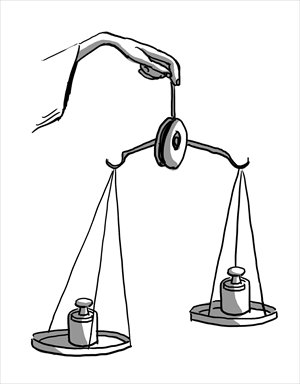Chinese popular sympathies swinging against Israel

In a recent statistical exercise, I read all the Chinese articles published over the course of two different periods, 1992-94, and 2010-12, on the topic of the Israel-Palestine conflict. These include scholarly articles published in peer-reviewed academic journals, travelogues, and opinions published in reputable newspapers and magazines.
I noted whether each article was neutral, pro-Israel, or pro-Palestine. And I found that compared to two decades ago, the number of pro-Palestine articles has increased dramatically.
Unlike in 1992-94, most if not all of the authors of articles published in the last three years had been to the region. The fact that firsthand knowledge did not bring about more admirers of Israel, but more sympathizers of the Palestinians, should be disturbing for the Israelis.
The high quality and depth of the research conducted by Chinese scholars during the past three years are also commendable. This is at least partially attributable to the plethora of interest in Jewish culture and Israel among academic institutes during the past two decades. During the same time period, the number of Islamic/Arabic studies programs has remained virtually unchanged. In this context, the rise of the pro-Palestine sentiment among the intelligentsia, including a growing number of graduate students, spells more trouble for the Israelis.
China's foreign policy decisions are based on extensive consultation with scholars who work in a multi-hierarchical think tank system. Most, if not all of the authors of these articles are or will soon be working in this system.
China is already pro-Palestine today, and with the observed trend in the publications, we can safely assume that the Chinese stance on Israel and Palestine in the future will be as pro-Palestinian as today, if not more so.
Although today and in the foreseeable future Israel can still rely on the fact that the economy plays a more prominent role in influencing Chinese foreign policy decisions, factors other than economic considerations will evolve to be more significant over time. This is part of China's transition from a just-achieved economic powerhouse to a country more concerned with international rules and fairness as well as the sustainability of international peace.
The high-profile confrontation with Japan over the Diaoyu Islands demonstrates Beijing's departure from a low-profile stance in international affairs.
The government's stance makes a very strong statement: China is no longer a weak country to be bullied by imperialist powers as it was more than a century ago, but an economic and military power capable of claiming what is rightly China's. This is justice, and China wants to see justice served in the international arena.
This Chinese stance will inevitably spread to all foreign concerns, including the Middle East.
China's Middle East policy upholds the principle of supporting the just side. China suffered from imperialism since the 1840s, hence China's sympathy with the Zionist movement over a century ago.
For the same reason, China's public opinion today stands with the Palestinians, the weaker side of the conflict.
For both Israel and Palestine, a faster reconciliation in the short term between the two is best for both, particularly Israel. The longer we wait for the final peace deal to be made, the more likely the Middle East will see a more pro-Palestine China wanting to voice its opinions. In the long run, China's pro-Palestine inclination will work more and more against Israel, in contrast to the strong pro-Israel inclination of the US.
With the weakening US influence in the region, and the growing clout of China, the odds are not favoring Israel.
The author is director of the Institute of Hebrew and Jewish Studies at Peking University, editor-in-chief of the Journal of Sino-Western Communications, and also serves as Director of the Center for Middle Eastern Peace Studies at Shanghai Jiao Tong University. opinion@globaltimes.com.cn
Beijing seeks balancing role in Middle East conflicts